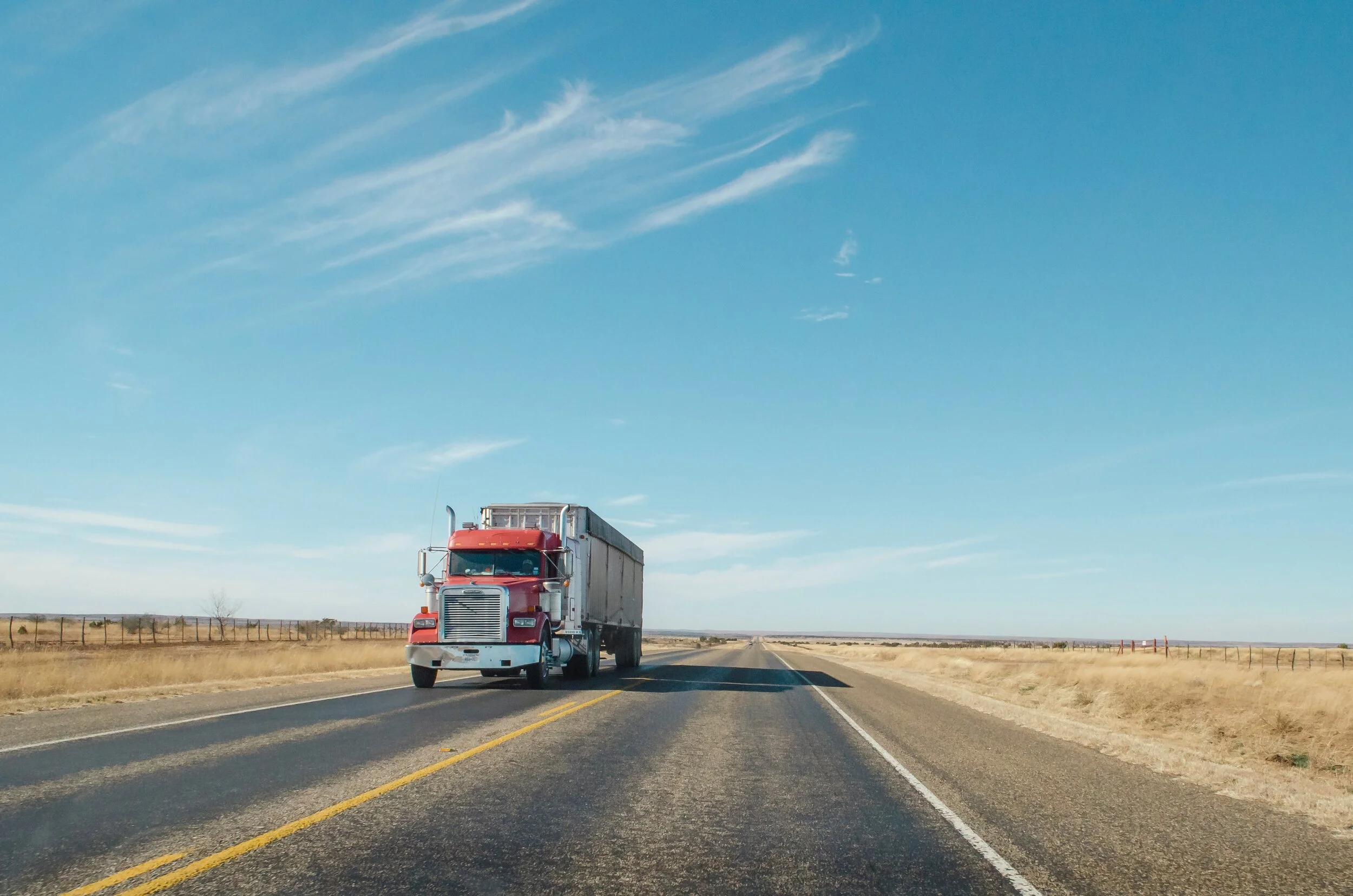On January 15, 2021, in International Brotherhood of Teamsters v. Federal Motor Carrier Safety Administration, the Ninth Circuit upheld the Federal Motor Carrier Safety Administration’s* (“FMCSA”) determination that federal law preempts California law concerning meal and rest periods as it applies to drivers of property-carrying commercial motor vehicles, who are subject to the FMCSA’s own rest break regulations.
In the FMCSA rules, which were implemented in 2011, except for certain “short-haul” drivers, a property-carrying commercial motor vehicle driver who works more than eight hours must take at least one thirty minute break during the first eight hours. The driver has flexibility as to when this break occurs, and the break can be spent “off-duty” or in a “sleeper berth.”
California law (with limited waiver exceptions) requires that drivers working more than five hours a day be entitled to a meal period of not less than thirty minutes. Drivers are entitled to a second meal period of not less than thirty minutes when working more than ten hours in a day. Further, under California law, drivers are entitled to a ten minute rest break for every four hours of work. California rules provide for when these meal and rest periods are to be taken during a driver’s workday. Thus, when compared to the FMCSA rules, California law requires more breaks, more often, with less flexibility as to when the breaks occur.
The Court in International Brotherhood of Teamsters explained that the FMCSA reasonably determined that California meal and rest period law imposed additional and more stringent requirements than the FMCSA’s own regulations. Further, the FMCSA did not lack the statutory authority to preempt California meal and rest period law, and the FMCSA’s preemption determination was neither arbitrary nor capricious.
Opponents of the Court’s holding are hopeful that this decision will be overturned either through en banc review or through petition to the Supreme Court. In the interim, employers of drivers of property-carrying commercial vehicles subject to the FMCSA’s rest break regulations need not comply with California law regarding meal and rest periods.
* The Federal Motor Carrier Safety Administration is an agency within the Department of Transportation, tasked with issuing regulations regarding commercial motor vehicle safety.

